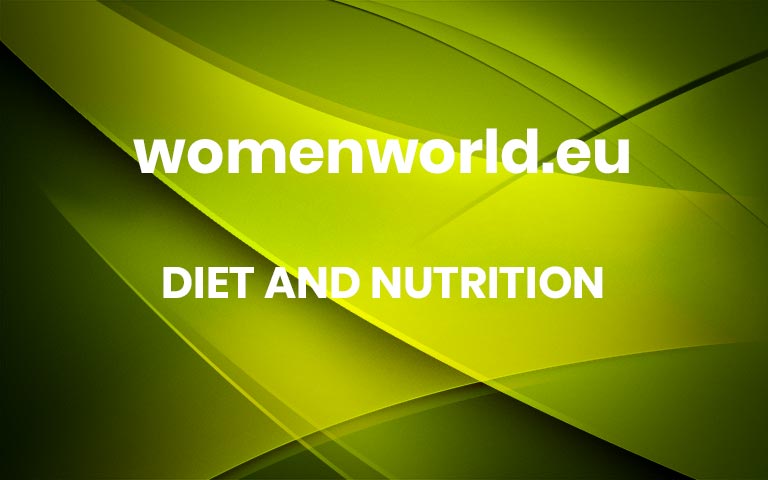Everything You Need To Know About Heat Rash (And How To Prevent It)
Got itchiness, prickling sensations or red bumps on your body? You might have this skin condition. But don’t fret. We’ve got the low-down on this particularly prickly problem and how you can prevent it this summer.
What Exactly Is A Heat Rash?
There are many types of skin rashes, which can be concerning, uncomfortable, or downright painful. One of the common types of rash is heat rash, otherwise known as miliaria.
In simple terms, a heat rash is a skin condition that affects children and adults in hot, humid weather conditions (hello summer), and it usually develops when your pores become blocked and the sweat can’t escape. Most often, you’ll develop a heat rash on the parts of your body that rub together — think inner thighs or under your arms. Yeah, friction…
READ MORE: 10 Tips To Keep Your Vagina Happy And Healthy
What Does It Look Like?
There are three types of heat rash, which can vary in severity and tend to look a little different:
1. Miliaria Crysallina
This is the most common and mildest form of heat rash. You’ll notice small clear or white bumps filled with fluid on the surface of your skin. These bumps are bubbles of sweat and will often burst. This type of heat rash doesn’t itch and shouldn’t be painful, and is more common in young babies than in adults.
2. Miliaria Rubra
Also known as “prickly heat”, this one’s more common in adults than in children and babies and causes more discomfort than miliaria crysallina because it occurs deeper in the outer layer of the skin or epidermis.
It may cause: Itchy or prickly sensations, red bumps on the skin, and a lack of sweat in the affected area. Because your body can’t release sweat through the skin’s surface, you’ll also experience inflammation and soreness. But wait, there’s more: The bumps can progress and fill with pus, which is known as miliaria pustulosa.
3. Miliaria Profunda
This one is the least common form of heat rash, but it’s one that can recur often and become chronic. It occurs in the dermis, which is the deeper layer of skin. This type of heat rash typically occurs in adults after a physical activity that produces sweat. You’ll notice larger, tough, flesh-coloured bumps.
As the heat rash stops sweat from leaving your skin, it may lead to nausea and dizziness.
READ MORE: How To Use Genetic Testing To Improve Your Health
The Cause
A heat-related rash occurs when pores become blocked and can’t expel sweat. This is more likely to happen in warmer months, warmer climates and after intense exercise. Also, wearing certain clothing can trap sweat — boom: itchiness, prickling sensations and red bumps. Beware of using thick lotions and creams too.
Take note: It is possible to get a heat-related rash in cooler weather if you wear clothes or sleep under covers that lead to overheating. Call a doctor if you begin to experience a fever, chills, increased pain or pus draining from the bumps, but the rash is rarely serious and it often goes away without treatment in a few days.
READ MORE: Skin Cycling: Here’s How To Do The Viral TikTok Skincare Regime
Follow these tips to prevent heat rash:
Avoid wearing tight clothing that doesn’t allow your skin to breathe. Moisture-wicking fabrics help prevent sweat build-up on the skin.
Don’t use thick lotions or creams that can clog your pores.
Try not to become overheated, especially in warmer months. Seek out air-conditioning.
Use a soap that won’t dry your skin and doesn’t contain fragrances or dyes. More




